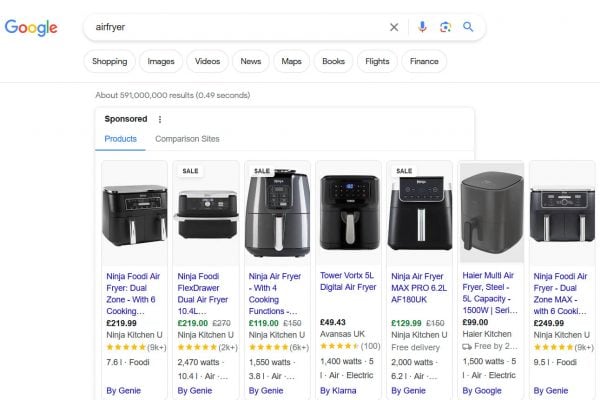There’s been an interesting spat recently between Google and Microsoft regarding their search engines. Google noticed that in many cases Microsoft’s Bing search engine was returning the same results as Google themselves would return, even for very obscure search terms.
Back in the summer of 2010 Google were checking search results for an unusual misspelled query “torsorophy” (the correct spelling is “tarsorrhaphy”). At the time Bing had no results for the misspelt term, but later in the summer they started to return Google’s first search result without offering to correct the spelling.
Google naturally wondered how this could happen and having spotted similar unlikely results introduced some temporary code as a honey trap. They created about 100 search queries such as “hiybbprqag”. These were search strings that a user would never be likely to look for and Google manually injected search results at random which had no connection with the search terms.
They then got 20 engineers with freshly installed laptops including Microsoft Internet Explorer 8 with the “Suggested Sites” feature enabled and got them to enter the artificial search terms click on the manufactured search results.
Sure enough within a couple of weeks Bing started to return the same fake search results showing that somehow Microsoft were duplicating Google’s search.
It appears likely that Microsoft are learning what users click on and not directly copying Google’s algorithm or pages. This is in some ways similar to how eBay’s Best Match works – The more a user clicks and buys from a particular listings the more relevant it is deemed. As an eBay listing becomes more popular eBay promote it higher in search results.
Microsoft appear to be doing the same “learning” as eBay, but with the exception that they’re capturing user’s clicks in search results from other search engines and using them to improve their own Bing search engine.
Learning to improve search from users of Microsoft software to improve the overall user experience of other Microsoft products does on the face of it appear reasonable. The question is did you know that you’re sending this data to Microsoft? Is it a legitimate way to improve Bing’s search experience or is it simply plagiarism?
Google have emphasised that they don’t normally have the ability to manually insert results into search queries and that they have removed the code which allowed them to create the honey pot queries.









4 Responses
The thing is that this functionality is posted right there when you are offered the ability to opt-in or opt-out of this data collection. I remember seeing it a few months ago and wondering if the “searches” it referred to were limited to Bing or if it included other websites. Apparently it does.
Of course now that we know this we can manipulate all sorts of long tail queries on Bing and Yahoo. It isn’t even clear that IE is smart enough to know that you really did visit Google or if you visited something that pretended to be Google. It is trivial to spoof that sort of thing with the hosts file and a webserver.
So all search engines will ultimately return the same results?
It is increasingly difficult to find anything remotely obscure already.
Commercial/shopping sites seem to pretend to offer just about everything.
Lowest common denominators!
Whats Google done to there logo. Look at it at Googles home page. If they used the background bit of Led Zepplin III, it would have been okay.